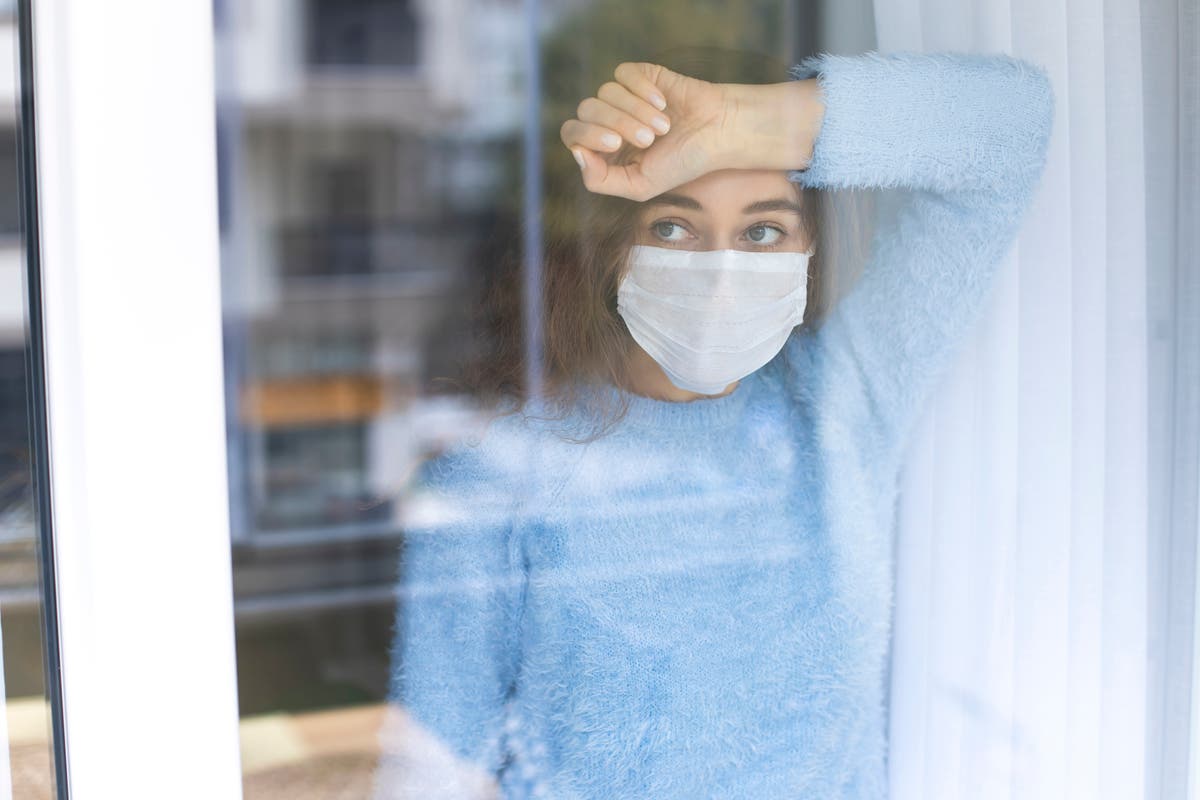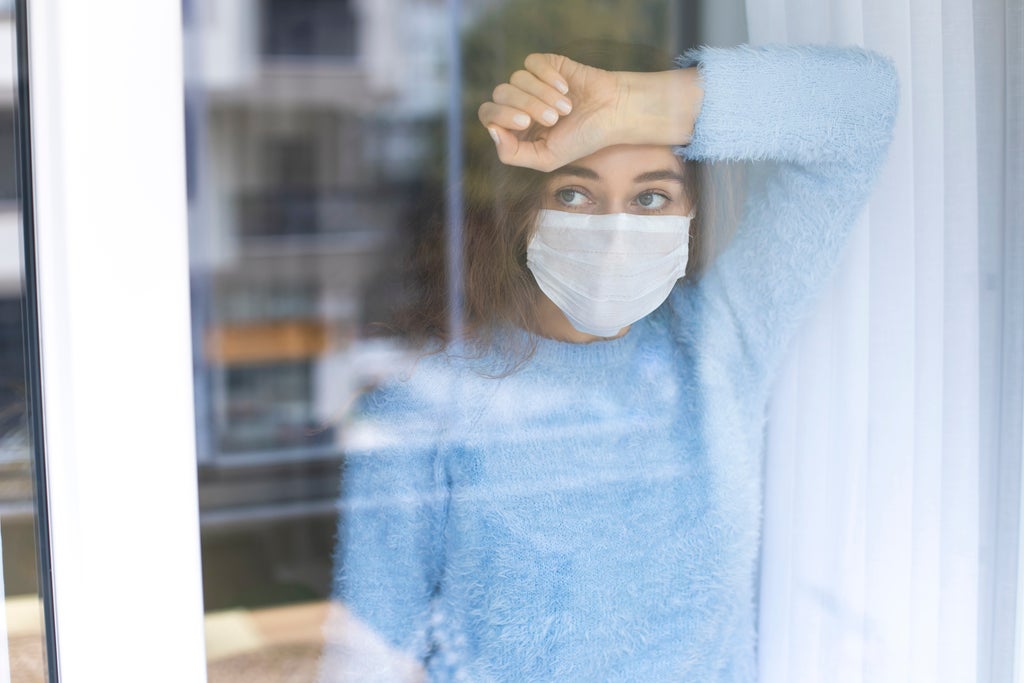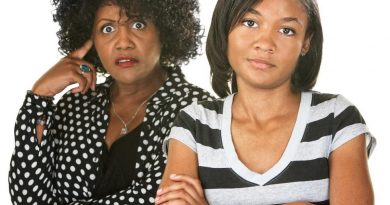Two years on from the first lockdown, do we know each other better than ever?
I had Zoom calls with my team while my parents boiled the kettle in the same room. They overheard me answer the phone to colleagues and listened to my voice morph from the familiar informal quality they associate with their daughter into the clipped, professional tones that only my fellow employees would ever usually hear.
They bore witness to my work quandaries and watched me frantically stabbing numbers into my phone to handle various crises; crises that, in a pre-pandemic life, would have reached a quiet boiling point within the four walls of an office building, rarely (if ever) to be shared with people who weren’t on the same payroll as me.
The first UK lockdown on 23 March 2020 set in motion two years that would see us – on and off – living every element of life from the confines of our homes. Assuming we were living with other people, those people saw it all. I lived with my family for all three lockdowns, and that was exactly where I wanted to be.
I love my family, and I wouldn’t have wanted to spend the lockdowns anywhere else. But I felt the personal lines I’d automatically drawn between my life as a daughter, a friend and a colleague start to blur and trickle into one another.
My parents were supposed to hear about my progress at school at parents’ evenings; they weren’t supposed to hear about my progress at work from the crackling static of a Zoom call with my manager. But lockdowns put paid to privacy and opened a set of curtains that otherwise would have stayed firmly closed, giving my family insights into an area of my life they never would have had otherwise (and vice versa).
It wasn’t just work. My family saw all my social interactions, too (and, again, vice versa). They saw me step out of a Zoom call with friends in the living room and go into the kitchen to make another gin and tonic – a scenario that, pre-pandemic, would have been me queuing at the bar with friends, insisting that it was my round.
I tried (and failed) to hide the fact that I was on a Zoom date one night, muttering something about having a call with a friend and hoping my date’s voice wouldn’t travel up through the ceiling of the living room to my brother’s room overhead.
Now, I live with housemates (who are also friends). But as a result of the pandemic, we all work from home and again, we see professional sides to each other that we’d never have been privy to if we weren’t all working from our kitchen. Conversations about cleaning the fridge and Hinge dates are interspersed with team catch-ups and deadlines. I know who my housemates have the capacity to be when they’re not being my housemates; I hear their authority and capability when it comes to problem-solving in a professional sense.
It works the other way, too. Workers everywhere have seen shards and fragments of each other’s homes on video calls. We’ve all had glimpses into our colleagues’ home lives – the parts of each other that make up who we are when we’re not at work.
To keep up to speed with all the latest opinions and comment, sign up to our free weekly Voices Dispatches newsletter by clicking here
Our hidden corners have been rounded out. Pre-Covid, there were blind spots – where we’d say “I can’t imagine what you’re like at work!” or “I just can’t picture them outside the office” – now, they’ve been filled in with the jigsaw puzzle pieces that make up a life.
Before the pandemic, we were able to apportion ourselves out carefully to select people, like dividing a traybake of brownies into slices before placing them carefully on paper napkins. This was often a wholly natural process (pre-pandemic, it was highly unlikely – and rightly so – that my family would have overheard me on a first date with someone). Now, we’ve experienced parts of each other’s personas and personalities that we’d never otherwise have seen. We have a greater sense of who the people in our lives are.
Of course, this isn’t the reality for everyone. Plenty of people lived alone during the pandemic, and a great many people weren’t able to work from home during the lockdowns. There are vast numbers of people who – rather than seeing previously hidden parts of people they lived or worked with – were separated and distanced from others by the pandemic.
But my personal lines – and the lines of people I’ve lived with since the first UK lockdown – don’t really exist any more, and I can’t see a future in which I’ll go back to dividing myself into different people for different people like I automatically used to.
I’ve littered this article with restrictive words and phrases like “should”, “supposed to”, “meant to” – but I don’t think this sort of restriction has as much of a place in a post-lockdown world. I have a feeling my personal lines will remain blurred for a long time to come; and I’m not sure that’s such a bad thing. In fact, I think it could bring me closer than ever to the people in my life.






